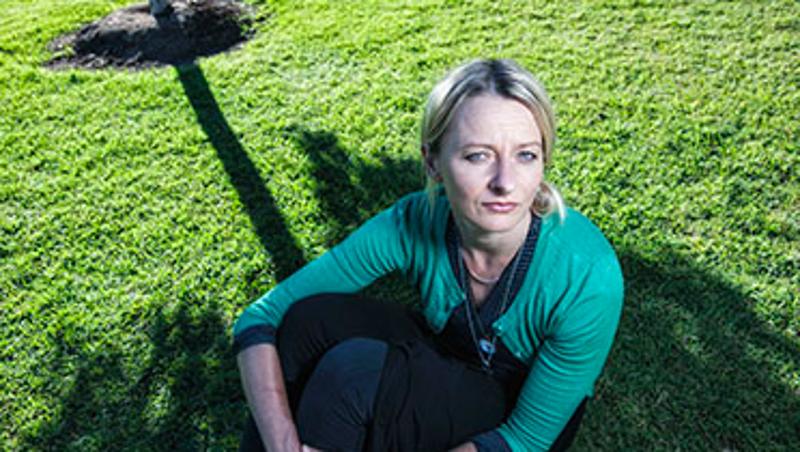
The axing of the carbon tax has redirected costs of $14 per tonne of emissions directly to taxpayers, denied Australia access to a growing international carbon market, and stymied the creation of green jobs, QUT legal academic Dr Felicity Deane said.
"Repealing the 'carbon tax' was a step backwards for the economy and the environment," said Dr Deane, whose book Emissions Trading and WTO Law - a Global Analysis has just been published.
"The carbon tax was always a temporary measure - the initial price was $23 a tonne paid by emitters - but that would have fallen to around $10 a tonne by now.
"The repeal of the previous government's Carbon Pricing Mechanism has denied Australia access to the growing international carbon market which it is estimated will be worth $84 billion by 2016.
"There was the potential for a lot of green services to make a lot of money but pulling out of an ETS has made it harder for a whole potential industry in greenhouse engineering to prosper in Australia.
"This is because the market that previously existed has been eliminated and replaced with a government reverse-auction process, which will mean some projects are not funded at all."
Dr Deane said emissions trading markets were becoming common throughout the world.
"The carbon tax was just a step towards what the rest of the world was already participating in - creating a new form of trade from which we are now excluded," she said.
"The only difference with the Australian scheme was it had a set price whereas other countries had introduced a floating price.
"The quashing of our ETS has also made it harder to meet our renewable energy target. Renewable energy is becoming cheaper and a carbon price would have hastened the process by increasing the cost of dirtier forms of energy."
Dr Deane said that while the Carbon Farming Initiative still existed, under Direct Action the government was now obliged to buy an agreed number of carbon credits created for the purpose of reducing emissions through the reverse-auction process.
"But now instead of the big emitters contributing to buying carbon credits, the cost of buying them goes to taxpayers. Consumers might have borne this cost ultimately but only where they themselves were responsible for greenhouse gas emissions - a user pays system," she said.
"What the government has repealed was a scheme that would transition into a 'cap and trade' emissions trading scheme which is what the European Union is suggesting should be implemented around the world.
"The EU is doing better than anyone else - they have been the leaders in implementing emissions trading and their emissions decreased by 3 per cent in 2013.
"Before the repeal of the carbon tax the EU had agreed to work towards linking their ETS with the Australian Carbon Pricing Mechanism which would have reduced the cost of cutting emissions, increased market liquidity, made the carbon price more stable, and levelled the international playing field."
Dr Deane said the carbon tax repeal had also eliminated a whole governance framework for a cap and trade system.
"It was a huge waste of money - 19 pieces of legislation had to be drafted for the previous government's ETS and then the framework set up. All that has been repealed and there will be substantial costs to put back in place."
Media contact: Niki Widdowson, 07 3138 2999 or n.widdowson@qut.edu.au.




